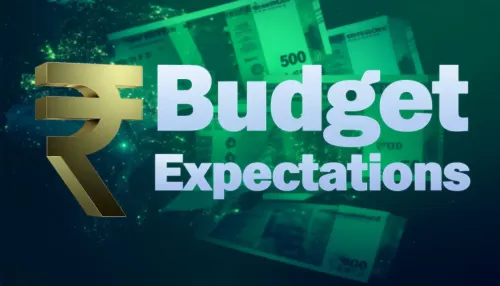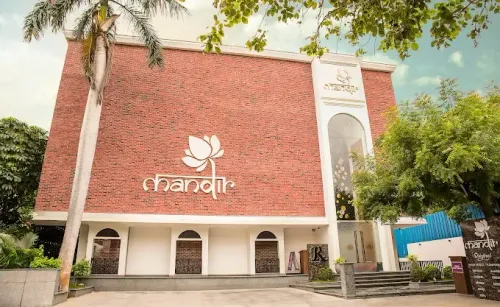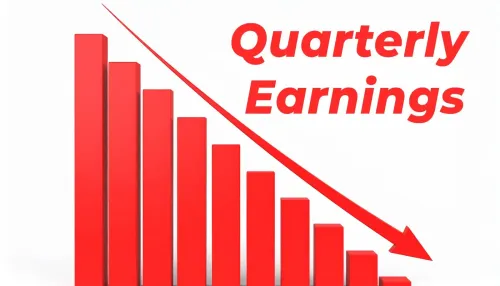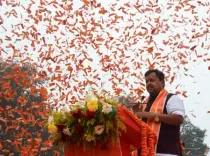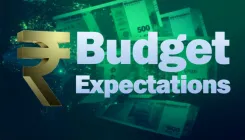How Can EEPC India Improve GST Refunds and the Rupee-Ruble Exchange?
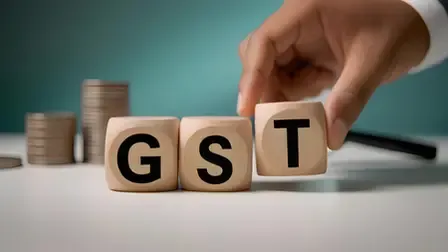
Synopsis
Key Takeaways
- EEPC India supports GST 2.0 reforms for economic growth.
- Proposes automated GST refunds to aid exporters.
- Calls for a reliable rupee-ruble exchange mechanism.
- Recommends inclusion of steel and auto parts in trade negotiations.
- Urges for a favorable tariff structure for MSMEs.
New Delhi, Nov 26 (NationPress) The Engineering Export Promotion Council (EEPC) India expressed support for the GST 2.0 reforms, viewing them as a vital enhancement for economic growth and the simplification of business operations. The council urged the government to automate the GST refund process.
EEPC India highlighted the ongoing challenges posed by the inverted duty structure in the engineering industry, with bicycles exemplifying the issue: while the finished product is taxed at 5 percent GST, the raw material, steel, incurs an 18 percent tax.
“To resolve this matter, we propose that the GST refund process be entirely automated. We also recommend providing 90 percent of the refunds without prior verification, with the remaining 10 percent contingent on verification. This would enable exporters to better pass on benefits to their customers,” the industry body stated in a release.
Moreover, addressing the payment delays faced by Indian exporters due to sanctions against Russian banks, EEPC India called for a dependable rupee–ruble exchange mechanism.
Additionally, the council suggested incorporating steel into current trade discussions with major partners.
“The enforcement of the 50 percent tariff has notably affected our exports to the United States. We propose that steel, aluminium, and auto parts be included in the BTA negotiations, advocating for a more favorable tariff structure. This is essential for the sustainability of numerous MSMEs,” stated Pankaj Chadha, Chairman of EEPC India.
Regarding trade negotiations with the EU, EEPC India has recommended maintaining existing conditions concerning both quota and out-of-quota steel tariffs.
The EU’s safeguard measures on steel imports, initially set to expire on June 30, 2024, have now been extended for an additional two years, until June 2026. The industry body also pointed out the EU’s carbon pricing as an extra burden on carbon-intensive products, creating hurdles for Indian exporters who depend on traditional energy sources.


